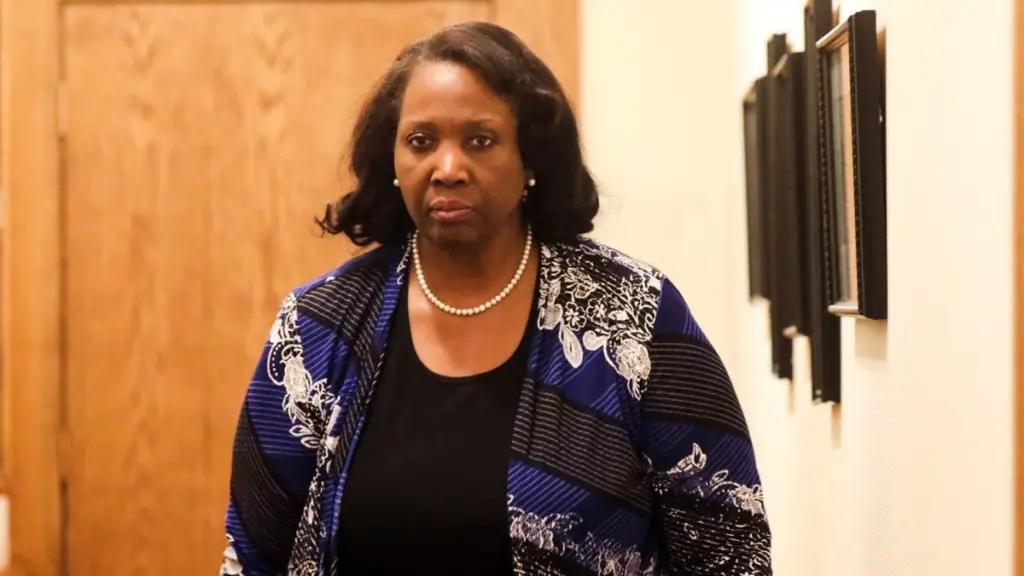
Introduction
In recent years, Lisa Cook has emerged as a significant figure in the field of economics, gaining recognition for her expertise and contributions to economic policy-making. As the first Black woman to be appointed to the Board of Governors of the Federal Reserve System in the United States, her role has not only marked a milestone in representation but has also underscored the importance of diverse perspectives in shaping economic strategies.
Early Life and Education
Lisa Cook was born in Pontiac, Michigan, and displayed a keen interest in economics at an early age. She pursued her academic career at prestigious institutions, obtaining her Ph.D. in economics from the University of California, Berkeley. Her educational background laid a strong foundation for her future endeavors in economic research and policy.
Career Highlights
Before her notable appointment at the Federal Reserve, Cook held various key positions, including a professor at Michigan State University and a visiting scholar at the Federal Reserve Banks. She has contributed significantly to academic literature in economics, focusing on the intersection of economic history and the dynamics of innovation.
In May 2022, Cook was nominated by President Joe Biden as a member of the Federal Reserve’s Board of Governors. Her selection was seen as a critical step toward enhancing the diversity and inclusivity of economic policy-making. Since assuming her position, she has emphasized the importance of addressing economic disparities and fostering equitable growth in the U.S. economy.
Current Role and Initiatives
As a member of the Federal Reserve, Lisa Cook is actively engaged in discussions surrounding monetary policy, inflation control, and sustainable economic growth. Her unique insights and fresh perspectives have led to initiatives aimed at increasing financial stability and addressing the economic impacts of the COVID-19 pandemic.
Cook’s commitment to innovation as a driver of economic growth is evident in her advocacy for policies that support entrepreneurship and small businesses, particularly those led by underrepresented communities. She believes that tapping into diverse talent can unlock new opportunities and drive economic progress.
Conclusion
Lisa Cook’s ascent to a leadership position at the Federal Reserve represents a significant shift in the landscape of economic policy. Her commitment to fostering inclusivity and addressing systemic economic inequalities resonates deeply in today’s context. As she continues to influence economic strategies, many observers are hopeful that her unique approach will lead to more comprehensive and effective economic policies, ultimately benefiting a broader spectrum of the population. The importance of diverse voices in leadership roles cannot be overstated, and Cook’s journey serves as an inspiration for future generations of economists and policy-makers.



